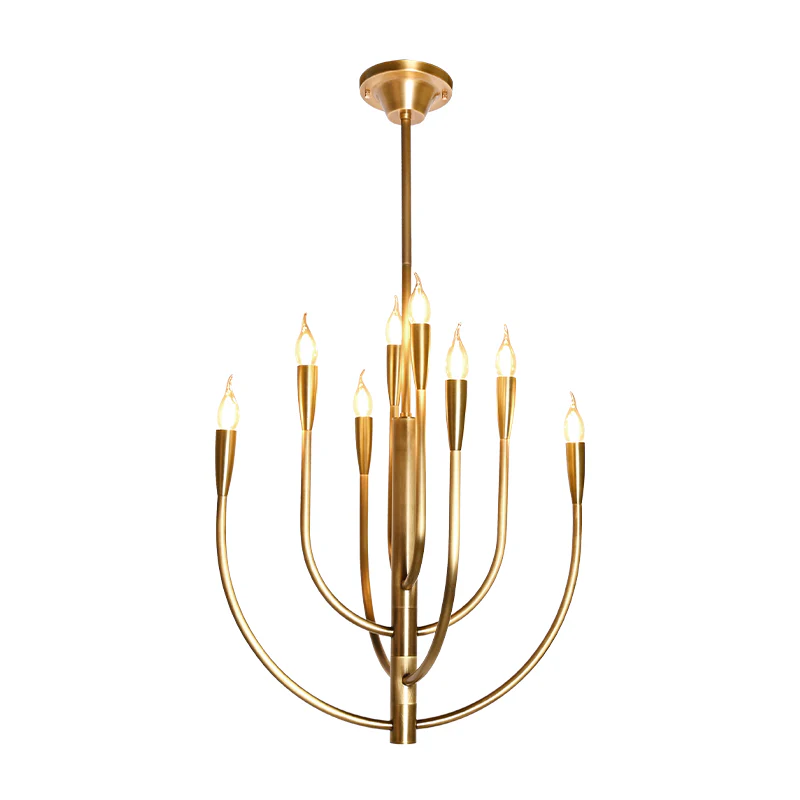Enhancing Outdoor Safety and Navigation with Effective Lighting Solutions
Enhancing Outdoor Safety and Navigation with Effective Lighting Solutions
In a world where outdoor activities are prevalent, ensuring safety and navigation during the nighttime is crucial. Outdoor lighting for safety and navigation is not just a matter of Aesthetics; it is a necessity for individuals and communities alike. Properly planned lighting solutions can immensely reduce the risk of accidents and provide a safer environment for all. In this article, we will explore the importance of Outdoor lighting, its various types, benefits, and guidelines for effective implementation.
The Importance of Outdoor lighting for Safety
Outdoor lighting plays a vital role in enhancing safety in various environments. Here are some of the primary reasons why it is essential:
- Visibility: Adequate lighting improves visibility, helping people navigate paths and reduce the risk of tripping or falling.
- Crime Deterrence: Well-lit areas can deter criminal activities, as potential criminals are less likely to operate in places where they can be easily seen.
- Community Safety: Proper lighting can foster a sense of community and safety, making neighborhoods feel more secure.
Types of Outdoor lighting for Safety and Navigation
Selecting the right type of Outdoor lighting is essential for maximizing safety and navigation. Here are some popular options:
| Lighting Type | Description |
| Pathway Lights | These lights illuminate paths, driveways, and sidewalks, ensuring safe navigation through various terrains. |
| Motion Sensor Lights | These lights turn on when motion is detected, enhancing security and saving energy. |
| Flood Lights | Flood lights provide high-intensity illumination for larger areas, ideal for backyards or parking lots. |
| Wall sconces | These lights can be mounted on exterior walls to provide ambient lighting while enhancing the architectural beauty of a property. |
| Smart Lighting Systems | These systems allow for remote control and scheduling, ensuring optimal lighting based on personal preferences and security needs. |
Benefits of Outdoor lighting for Safety and Navigation
Implementing proper Outdoor lighting yields numerous benefits, including:
1. Enhanced Safety
As mentioned earlier, Outdoor lighting significantly improves visibility, which in turn minimizes the risk of accidents and mishaps. It is particularly crucial in areas with heavy foot traffic, such as parks, sports fields, and community centers.
2. Increased Usability
With the right lighting, outdoor spaces can be utilized beyond daylight hours. Families can enjoy evening gatherings in their yards, while sports enthusiasts can play games late into the night.
3. Improved Aesthetics
Outdoor lighting can elevate the overall Aesthetics of a property. Strategically placed lights can highlight landscaping features, sculptures, or architectural details, creating a welcoming atmosphere.
4. Eco-Friendly Solutions
Advancements in technology have led to eco-friendly options, such as solar-powered lights. These options save energy and reduce electricity bills while providing adequate illumination.

Guidelines for Installing Outdoor lighting
When planning Outdoor lighting for safety and navigation, consider the following guidelines to ensure effectiveness:
1. Assess Your Needs
Evaluate the areas that require lighting. High-traffic areas, entry points, and dark corners should be prioritized to ensure maximum safety.
2. Choose the Right Fixtures
Consider the type of lighting fixtures that will work best for your space. Depending on your needs, you might choose a combination of pathway lights, floodlights, and ambient lighting.
3. Opt for LED or Solar Lighting
LEDs and solar lights are energy-efficient options that can help save on electricity costs while providing adequate illumination. They have a longer lifespan and lower maintenance needs.
4. Maintain Your Lighting
Regular maintenance is essential to ensure that all lights are functioning correctly. Replace burnt-out bulbs and clear any obstructions preventing light from reaching its intended areas.
Conclusion and Recommendations
In conclusion, Outdoor lighting for safety and navigation is indispensable in creating secure environments for everyone. Proper implementation can enhance visibility, deter crime, and improve the aesthetic appeal of outdoor spaces. When planning your Outdoor lighting scheme, assess your needs, choose the right fixtures, and opt for energy-efficient solutions. Regular maintenance will help ensure that your lighting remains effective and appealing. By prioritizing safety through adequate lighting, communities can foster a welcoming and secure atmosphere for all who walk, jog, or play outside after dark. Remember, adequate Outdoor lighting is not just about illumination; it's about creating safe, functional spaces that everyone can enjoy.
